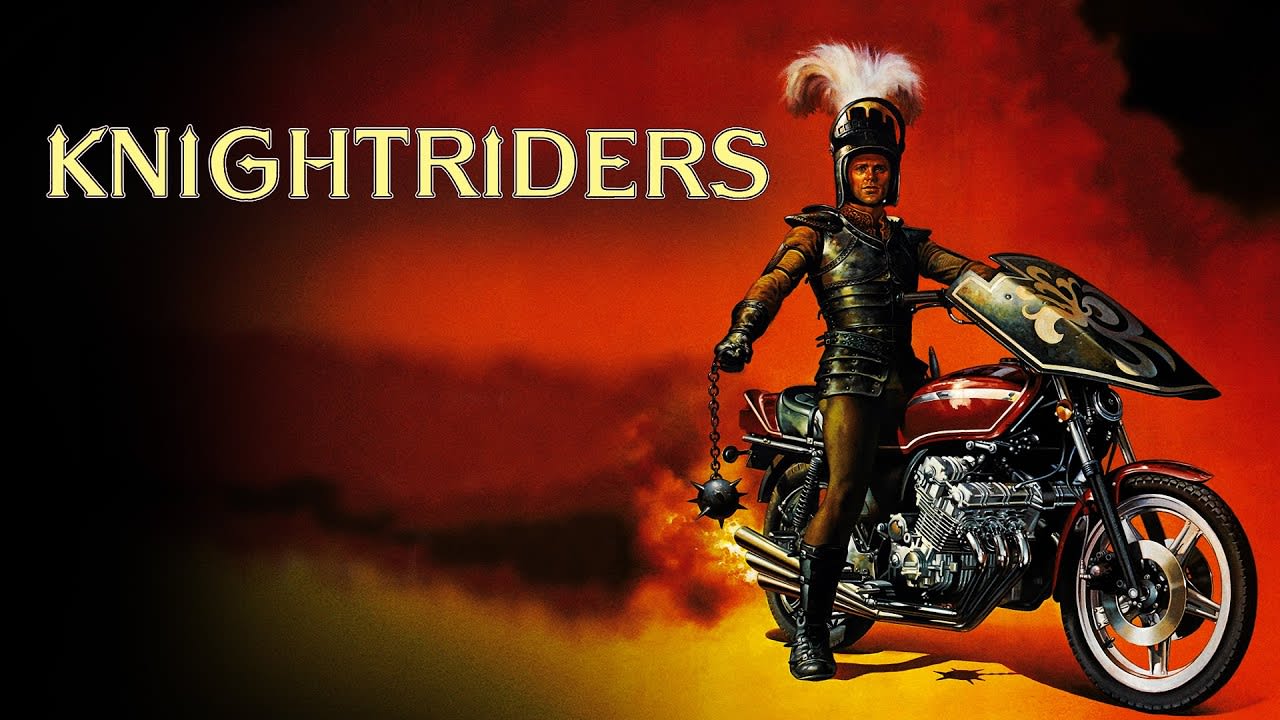My mother was wonderful, loving, warm — but we rarely connected on interests. She enjoyed movies, but she never understood my urge to dig deeper, to pick them apart, to talk about craft and choices and meaning. She liked every movie equally. I was the one who wanted to dissect them.
Still, every now and then, something slipped through. One afternoon, during a casual phone call, she brought up Ed Harris — not because of a specific film, but because of the way he made her feel. She admitted she thought he was handsome, but then she talked about the quiet electricity in his performances. She liked how he could play intimidating men without losing some deeply human core.
We started bantering, going back and forth about his roles and presence on screen. It was one of those rare conversations where we spoke like friends instead of just mother and son. We had plenty of big, important talks across the years, but this one stayed with me because it connected something I loved to a part of her I didn’t always get to see.
My mother has since passed, but Ed Harris remains a small, shining thread between us — a reminder of a moment when we truly met in the middle. Because of that, looking back at Harris’s career — especially his first starring role in Knightriders (1981) — means far more to me than just film appreciation. It’s memory, connection, and love.
A Strange, Beautiful Starting Point
George A. Romero’s Knightriders (1981) remains one of the great cinematic oddities: a medieval morality play staged through motorcycle jousting; a traveling troupe trying to preserve an idealistic, performative kingdom; and a melancholy exploration of authenticity, community, and corruption.
For Ed Harris, who plays Billy, the troupe’s intense and spiritually burdened leader, the role was more than eccentric world-building. It was his first starring turn, and it introduced audiences to the version of Harris that would define his career — focused, weathered, morally rooted, and always carrying some invisible wound.
Ed Harris Before the Ascent
Harris came to film from the stage, landing early roles in the late ’70s, including Borderline (1980), before Romero cast him in Knightriders. He would follow it with a supporting appearance in Creepshow (1982), but Knightriders was the first time he had the weight of a film on his shoulders.
Romero’s choice was inspired. Harris brought that rare combination of idealism and pragmatism — the sense of a man who believes in something pure but knows the world will make him fight for every inch of it. In interviews over the years, Harris has looked back on the film with fondness but clear-eyed realism. Even then he knew it wasn’t built for box-office glory. It was built for passion.
The Performance That Revealed Who He’d Become
What Knightriders gave Harris was space — long scenes, difficult emotional beats, leadership on screen, and the burden of a character trying desperately to hold a fragile community together. Watching it now, you can see the seeds of the actor who would later anchor The Right Stuff, Glengarry Glen Ross, Apollo 13, Pollock, and countless others.
Billy’s leadership — weary, principled, almost painfully sincere — is the first draft of Harris’s cinematic persona. Knightriders didn’t launch him into instant stardom, but it gave him the kind of proving ground few actors get so early. He carried that seriousness, that gravitas, into Hollywood, where his ascent was slow but steady.
Why Knightriders Never Broke Through
The reasons Knightriders didn’t find mainstream success are almost obvious once you look at them:
• It’s long.
• It’s niche.
• It’s tonally impossible to categorize — part fable, part drama, part stunt spectacle.
• It was difficult, if not impossible, to market.
Even critics who admired its sincerity struggled to place it within Romero’s more horror-centric filmography. It’s a movie deeply tied to its moment: the fading of ’70s idealism, the tension between community and commercialization, the impossible task of living by principles in a world shaped by money.
Today it plays like an artifact — a beautifully earnest relic from a specific cultural moment. Cinephiles treasure that sort of thing. Casual audiences often don’t.
But for fans of Harris, or of Romero’s more introspective side, the film offers something rare: a window into an actor forming his identity in real time, and a director wrestling with themes that were personal to him.
Why It Still Matters
For me, Knightriders is more than a curiosity or cult item. It represents the beginning of Ed Harris as we know him — and because of that, it represents a memory of my mother I will always carry.
Harris is a great actor. But to me, he’s also the person who, in one unexpected phone conversation, bridged the distance between who my mother was and who I was becoming. Revisiting his first major role is a way of revisiting her — and that small, rare moment where we truly understood each other.
Source link
